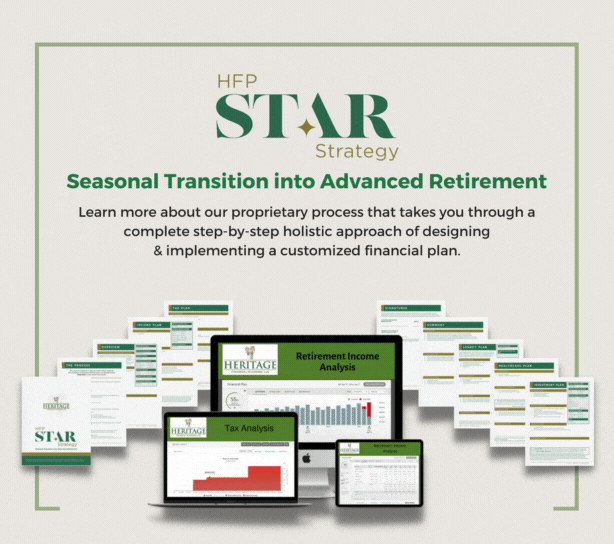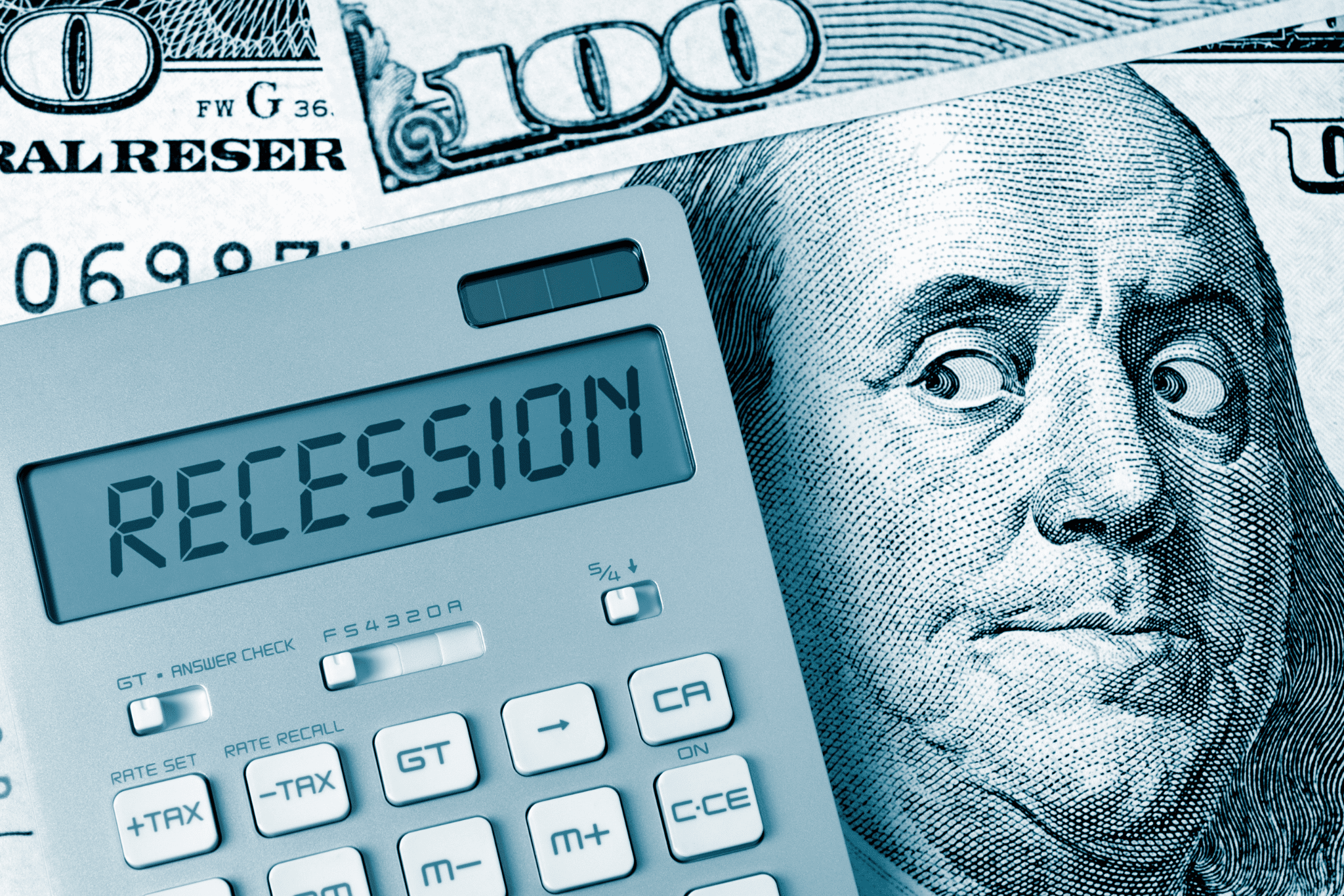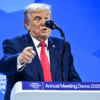Pay heed to rising bankruptcies but examine other economic indicators too.
As we approach summer, there has been a fair share of speculation and concerns about an impending global recession. And concerns over a potential global recession have intensified as bankruptcies surge and many economic indicators raise eyebrows.
With total bankruptcies up 18% in the first quarter of 2023 – surpassing 100,000 total bankruptcy filings –it’s natural for investors to feel uneasy.
However, it is crucial to approach these concerns with a balanced perspective. While economic cycles are an inherent part of any economy, there are several reasons to believe that a global recession is not imminent.
Bankruptcies Way Up So Far in 2023
First and foremost, it’s important to acknowledge that bankruptcies and closures are indeed on the rise. Commercial bankruptcies are skyrocketing by 18% in the first quarter of 2023. Worse, the number of commercial Chapter 11 filings registered a whopping 77% increase from this time last year.
These figures paint a concerning picture, but they alone do not definitively signal an impending recession.
To gain a more accurate assessment, we must consider the overall strength of the global economy. It is crucial to examine a range of economic indicators, such as GDP growth, employment rates, consumer spending, and inflation, to evaluate the overall health of the global economy. These factors provide a more comprehensive perspective on the current economic situation.
Let’s examine the current and prevalent fears and shed light on the factors that support a more positive economic outlook.
Steady GDP Growth
One of the fundamental indicators of economic health is Gross Domestic Product (GDP) growth. Currently, many countries are experiencing stable GDP growth rates, demonstrating a resilient economy. Government policies, investments, and consumer spending contributed to this growth, helping to sustain positive economic momentum. As long as GDP growth remains steady, the likelihood of a recession in the near term diminishes.
Strong Labor Market
A robust labor market is an essential driver of economic stability. Low unemployment rates and steady job creation indicate a healthy economy. Despite periodic fluctuations, many countries have witnessed consistently low unemployment rates in recent years. This translates into increased consumer spending power, further bolstering economic growth. A strong labor market acts as a buffer against recessionary pressures, reducing the likelihood of an imminent economic downturn.
Resilient Consumer Spending
Consumer spending is a key component of any economy, and its strength is often an indicator of future economic stability. Currently, consumer spending remains robust in many parts of the world, buoyed by factors such as wage and job growth. When consumers continue to spend confidently, businesses thrive, and economic expansion continues. This sustained spending resilience mitigates the risk of a recession.
Stable Financial Markets
Financial markets play a vital role in the overall health of an economy. Despite occasional volatility, markets have shown remarkable resilience in recent times. Central banks and regulatory bodies actively monitor and manage risks, ensuring stability and preventing excessive speculation. While market corrections are normal, systemic risks that typically trigger recessions are currently under control. This indicates a more secure economic environment.
Technological Innovation and Resilient Sectors
Technological advancements continue to reshape industries and drive innovation. The emergence of new technologies and industries opens up avenues for economic growth and job creation. Moreover, certain sectors, such as healthcare, renewable energy, and artificial intelligence, have demonstrated resilience and growth potential even during challenging times. This diversification and adaptability within the economy contribute to its stability and mitigate the risks of a broad-based recession.
Take a Balanced View
While concerns about an imminent recession may capture headlines and fuel speculation, it is important to take a comprehensive and balanced view of the current global economic landscape.
While we must remain cautious and monitor the evolving situation, it is premature to conclude that a global recession is imminent solely based on the current bankruptcy numbers. Investors should focus on the broader economic indicators, market trends, and government actions to make informed investment decisions.
By staying informed and maintaining a diversified portfolio, investors can navigate the evolving economic landscape and identify opportunities even during challenging times.
At Heritage Financial Planning, we empower our clients with something that goes beyond any numbers – choice. Our HFP S.T.A.R Strategy allows us to provide our clients with well-rounded plans that cover the five key areas needed to ensure successful financial planning.
 Click here to learn more about our HFP STAR Strategy process.
Click here to learn more about our HFP STAR Strategy process.
Through this strategy, we offer a complete solution tailored to our client’s needs to help them make smart decisions both now and into the future – regardless of how unpredictable the current circumstances may seem. What’s more, you will not go through this alone – every step of the way, our dedicated team will be there to provide guidance and support as well as review progress made over time for a total financial plan success. Contact our office today to schedule a comprehensive review of your current financial plan.
Source: Copyright © 2023 FMeX. All rights reserved. Distributed by Financial Media Exchange.











